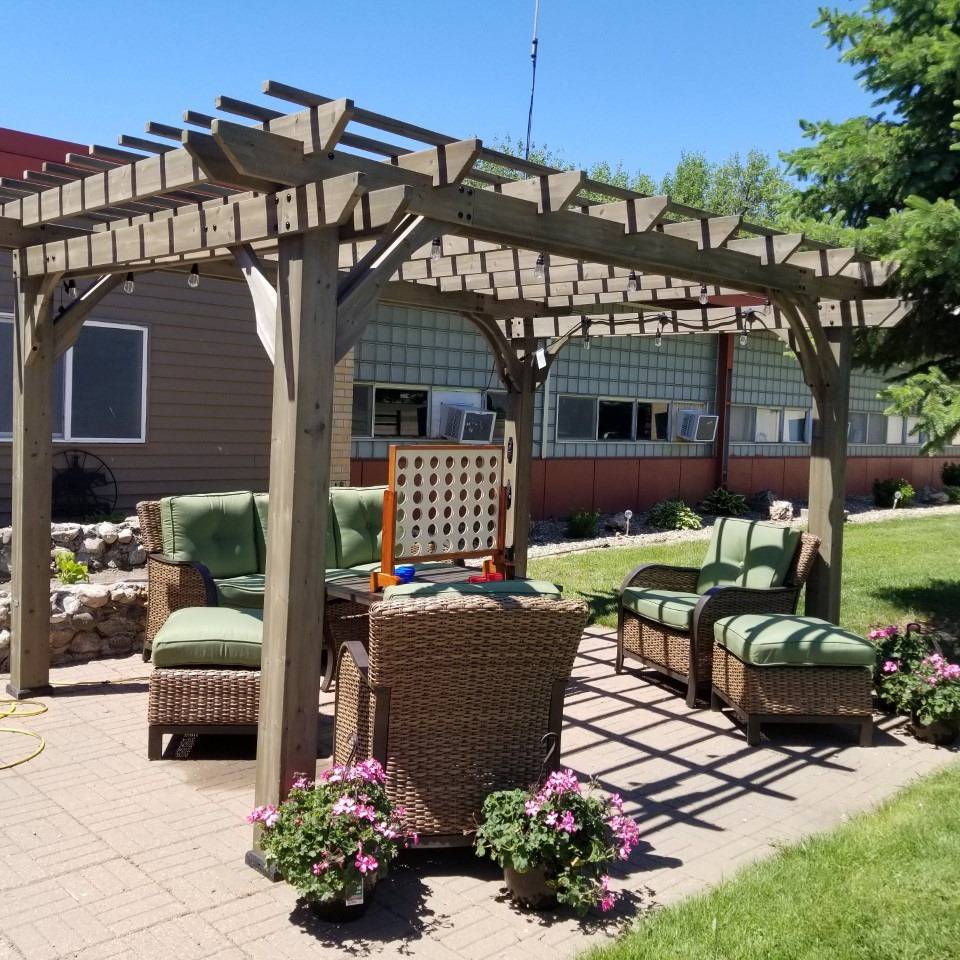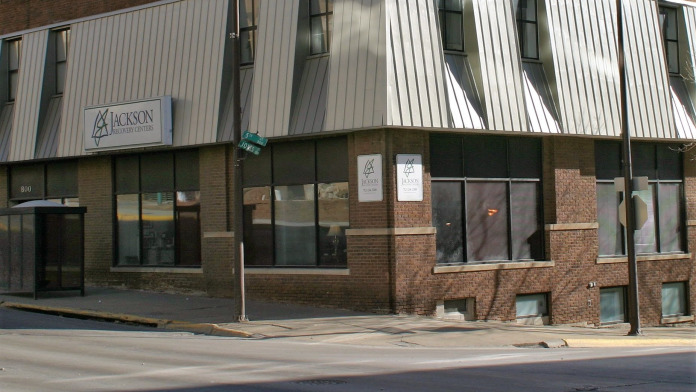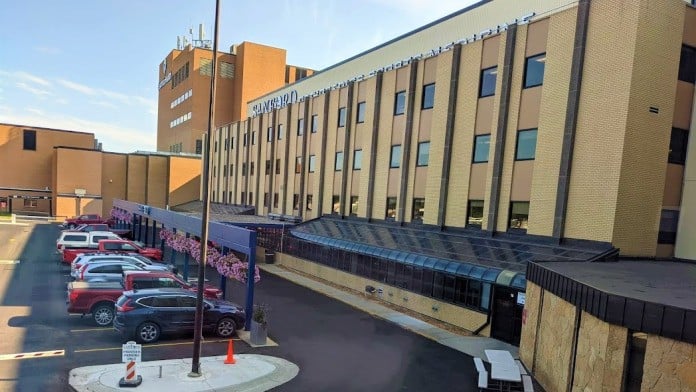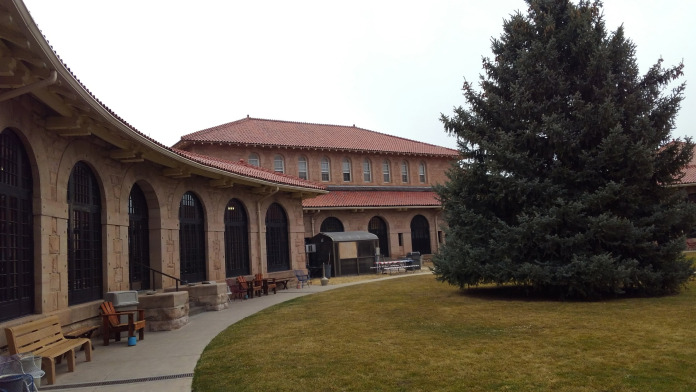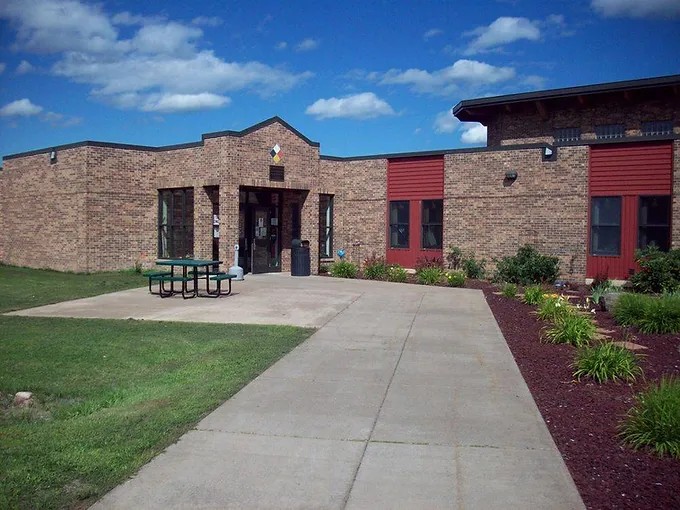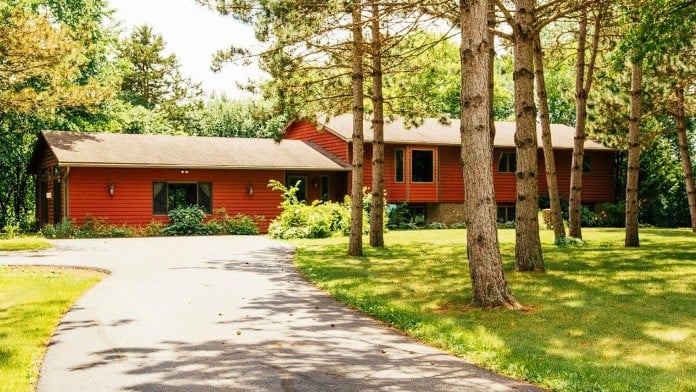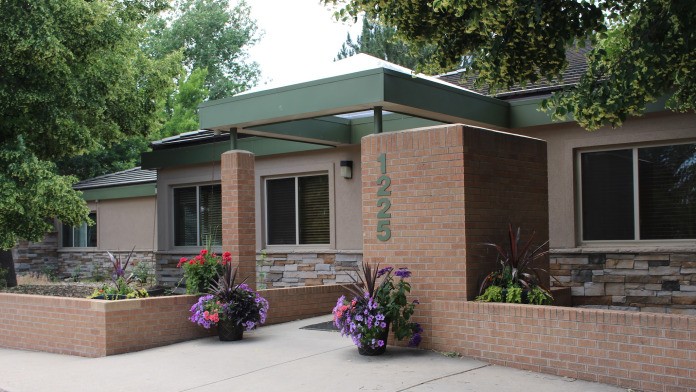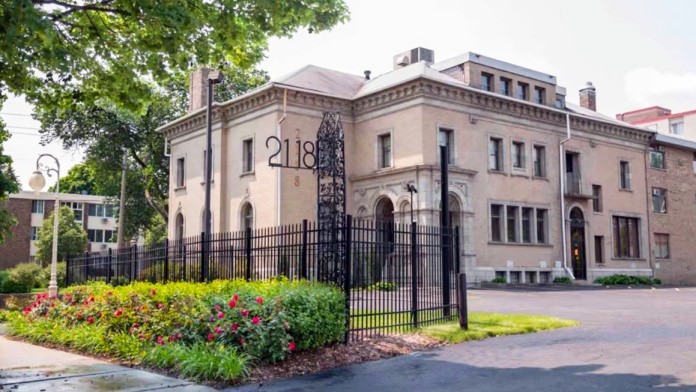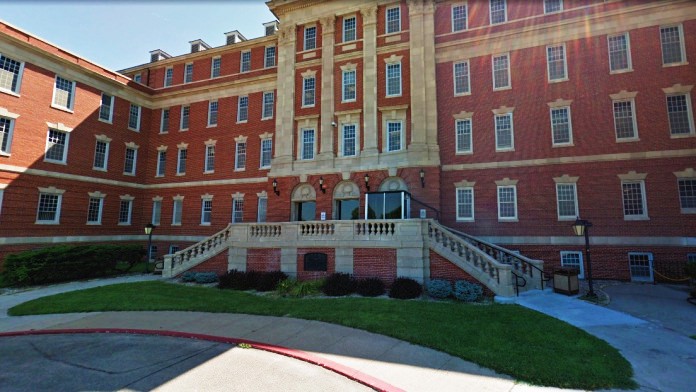About North Dakota Adult & Teen Challenge, Inc.
The North Dakota Adult and Teen Challenge drug rehab center is ideally suited to those battling drug and alcohol addiction who need a structured living environment away from temptations.
This drug rehab center is meant for those older than 18 since it is an inpatient program. To learn more about this program that is available to every individual of religious, socio-economic, and ethnic background read below:
The adult and teen residential treatment program offers a well rounded approach to recovery. This program helps individuals become healthy and productive members of society by offering biblical guidance and principles.
Those who attend this program will receive treatment emphasizing Christian values to ensure individuals confront their self sabotaging behavior and destructive choices. This program offers a supportive environment, and each individual receives a personalized treatment program.
Those enrolled in this residential program at this rehab center will encounter four levels of spiritual and emotional wellness over 12 months.
Latest Reviews
Rehab Score
Gallery
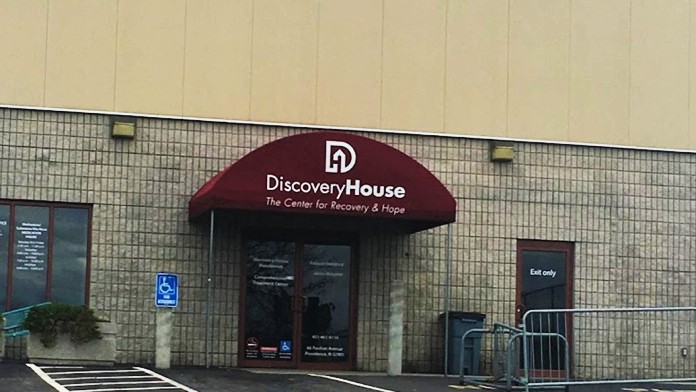
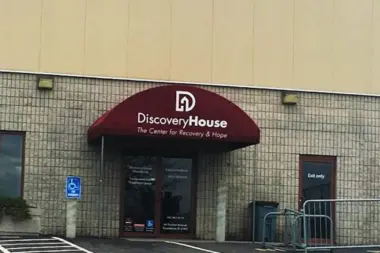
Other Forms of Payment
Private insurance refers to any kind of healthcare coverage that isn't from the state or federal government. This includes individual and family plans offered by an employer or purchased from the Insurance Marketplace. Every plan will have different requirements and out of pocket costs so be sure to get the full details before you start treatment.
Self-pay involves paying for treatment out of your own pocket. You can use savings or credit, get a personal loan, or receive help from family and friends to fund your treatment. If you don't have insurance or your insurance plan doesn't cover a specific program, self-pay can help ensure you still get the care you need.
Financial aid can take many forms. Centers may have grants or scholarships available to clients who meet eligibility requirements. Programs that receive SAMHSA grants may have financial aid available for those who need treatment as well. Grants and scholarships can help you pai for treatment without having to repay.
Military members, veterans, and eligible dependents have access to specific insurance programs that help them get the care they need. TRICARE and VA insurance can help you access low cost or no cost addiction and mental health treatment. Programs that accept military insurance often have targeted treatment focused on the unique challenges military members, veterans, and their families face.
Addiction Treatments
Levels of Care
Outpatient Programs (OP) are for those seeking mental rehab or drug rehab, but who also stay at home every night. The main difference between outpatient treatment (OP) and intensive outpatient treatment (IOP) lies in the amount of hours the patient spends at the facility. Most of the time an outpatient program is designed for someone who has completed an inpatient stay and is looking to continue their growth in recovery. Outpatient is not meant to be the starting point, it is commonly referred to as aftercare.
Residential treatment programs are those that offer housing and meals in addition to substance abuse treatment. Rehab facilities that offer residential treatment allow patients to focus solely on recovery, in an environment totally separate from their lives. Some rehab centers specialize in short-term residential treatment (a few days to a week or two), while others solely provide treatment on a long-term basis (several weeks to months). Some offer both, and tailor treatment to the patient's individual requirements. Linden Oaks' Residential Stay Program offers additional support for those who may benefit from a structured living environment. A patient's stay may vary from a few days to 30 days ago. The program includes group, family and individual counseling.
Programs
Adult rehab programs include therapies tailored to each client's specific needs, goals, and recovery progress. They are tailored to the specific challenges adult clients may face, including family and work pressures and commitments. From inpatient and residential treatment to various levels of outpatient services, there are many options available. Some facilities also help adults work through co-occurring conditions, like anxiety, that can accompany addiction.
Young adulthood can be an exciting, yet difficult, time of transition. Individuals in their late teens to mid-20s face unique stressors related to school, jobs, families, and social circles, which can lead to a rise in substance use. Rehab centers with dedicated young adult programs will include activities and amenities that cater to this age group, with an emphasis on specialized counseling, peer socialization, and ongoing aftercare.
Clinical Services
Men and women in North Dakota find accountability and motivation within group therapy sessions. Members encourage each other to stay committed to their recovery goals, which fosters a sense of community and shared progress. These friendships often follow you outside the group therapy setting.
People in North Dakota work confidentially with their therapist who uses tailored interventions in the individual therapy sessions. These help you to develop effective coping skills and use emotional regulation techniques that enhance your likelihood of experiencing long term and sustainable sobriety.
Family therapists in North Dakota use therapy sessions to emphasize healing the relationships that were strained by addiction. Your therapist will help each family member understand the role they played in addiction and their responsibilities in recovery. This helps foster a collaborative approach that benefits each loved one and the family unit.
Amenities
-
Residential Setting
Staff & Accreditations
Staff
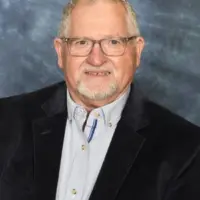
Pastor Dave Sjostrom
Executive Director

Connie Sjostrom
Choir Director
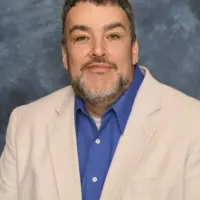
Pastor Chris Gerard
Men’s Program Director
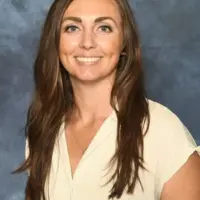
Jessica Whitaker
Women’s Program Director

Kevin Schmidt
Maintenance Director
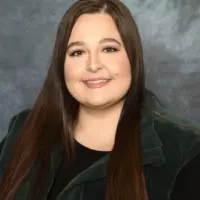
Samantha Broadwell
Human Resources

Tommy Chau
Systems Coordinator
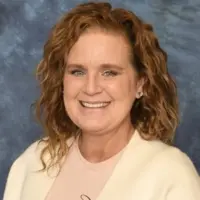
Jill Moss
Admissions Coordinator
Accreditations

The National Association of Addiction Treatment Providers (NAATP) is a professional association that represents organizations in the field of addiction services. Founded in 1978, NAATP's mission is to advance addiction services and ensure that high-quality addiction treatment is available and accessible.
NAATP Member: Yes

The Substance Abuse and Mental Health Services Administration (SAMHSA) is a branch of the U.S. Department of Health and Human Services. Established in 1992 by congress, SAMHSA's mission is to reduce the impact of substance abuse and mental illness on American's communities.
SAMHSA Listed: Yes
Contact Information
1406 2nd St NW
Mandan, ND 58554
